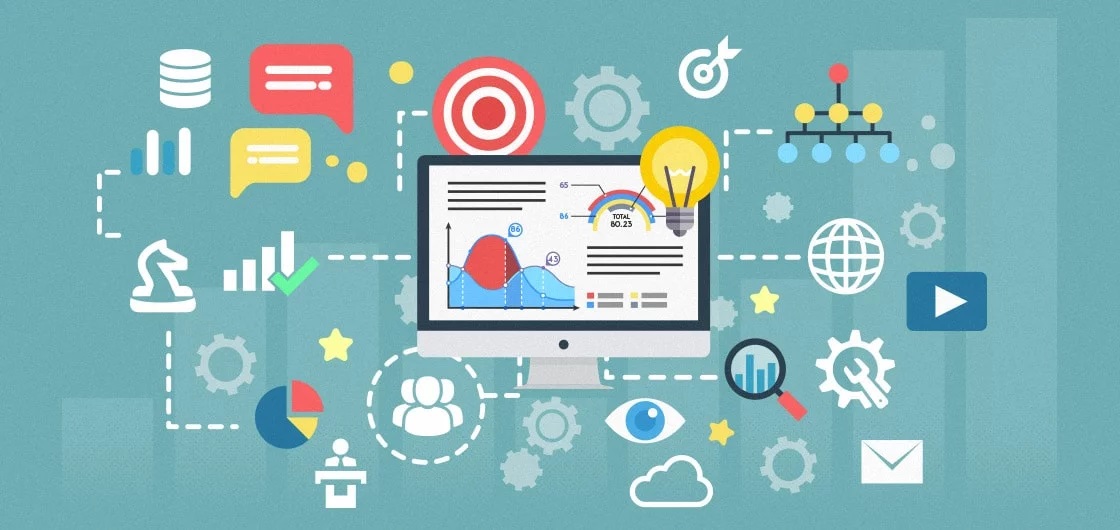
5 Pro Business Tips for Improved Data Governance

Data is very important in every business because it forms the basis for most decisions in an organization. That said, every business should focus on ways to collect customer data, critically analyze it, and protect it from loss or cyber-attacks. For proper data protection, your business requires to have good data-governance strategies put in place.
What Is Data Governance?
Data-governance is a holistic framework that guarantees the availability of data in business, its usability, consistency, and security. It also helps in the creation and implementation of processes that ensure accountability and effective data management. Data governance framework involves processes, people, and an IT department to oversee these processes. This means that the framework is quite important in all business enterprises. To make sure that you get the best from data governance strategies, use the following pro-business tips to improve the effectiveness of the holistic framework.
1. Work With The Right Data Steward
A data steward is a person responsible for overseeing the processes surrounding data governing. In this case, make sure you get the right person to handle data-governance programs and be accountable for everything done by his team. The person needs to possess leadership qualities apart from having a good understanding of data quality and how to govern it. Create roles, responsibilities, and rules to be followed by every person involved.
2. Ensure Data Availability
It will be difficult to have a full functioning data-governance operations if you do not have adequate data to govern. Therefore, it is important to make sure that data is available and easily accessible to the people working on it or people who need it in to complete their jobs. Data can be sourced from internal sources in the organizations or even third parties. The sources include data warehouses, ERP applications, EDI transactions, partner systems, and legacy file structures, among others. Rely on integration technologies to ensure that data is available as and when needed.
3. Look For Solutions For Areas That Have Issues
Data-governance is capable of solving most data issues in your organization, and it is good that you take advantage of it. However, prioritize on areas that need quick attention first because it can be difficult to tackle all the issues at once. Identify the areas that improved governance of data can bring immediate benefit to the organization. Once you are done with one area, move on to the next and if in the process a new issue develops in a crucial area, work on it first.
4. Uphold Integrity In Data Governing
It is crucial to ensure information integrity in your business is upheld at all levels, and this is one of the ways you will guarantee the security of data. You can achieve this goal by comparing different records to identify good or bad data, validating data using industry-standard rules for data governance, updating data regularly, and ensure continuous monitoring. Governing data is not a one-day thing, but a continuous process that ensures your data is available, updated, and protected.
5. Formulate A Feedback Mechanism
A feedback mechanism will help you to identify areas that need improvement and therefore, prompt you to identify the best course of action. The mechanism should be able to continuously assess all data-governance activities to make sure nothing goes wrong and also create room for improvement. It will help you understand both your success and failures using your current data-governance strategy and therefore take a corrective action where need be.
Every business needs data-governance for risk management, cost efficiency, improved productivity, and as a competitive advantage framework. With a reliable data governance framework, you will manage to improve your overall performance because you are using the right data to make major decisions in your business. Now that you understand what is data governance apply these tips to ensure that your data governing activities are topnotch.
